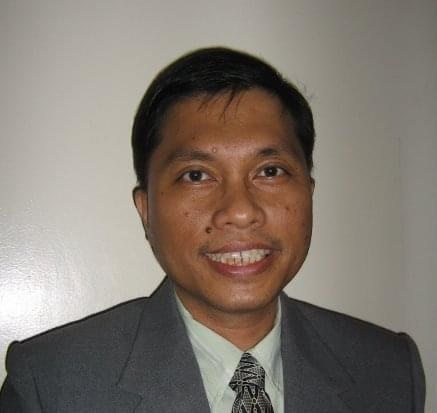OBLIQUE OBSERVATIONS
By Atty. Gilberto Lauengco, J.D.
The 18-month rule in political preparation
Share
“Success depends upon previous preparation, and without such preparation there is sure to be failure.” - Confucius
I was asked recently by someone who was planning to run for office in the next local elections as to when one should start preparing for 2025. My answer has always been the same. If you are a potential first-time candidate, the ideal time to actually start preparing for an election is EIGHTEEN MONTHS prior to the said elections. In short, today is the day you need to start preparing.
Why does one need to prepare this early? Why does it have to be 18 months? For first-time candidates preparation and lead time is very important. There are several phases in a political preparation timeline. Each phase will require time to perform. Also, getting the proper political strategist means engaging them before others hire them. Are professional political strategists essential? The short answer is yes. Although there are some instances where one can win an election without a strategist and operator, having a professional will increase a candidate’s chances of winning.
Preparation, proper pacing, and hiring professionals. A study of many successful elections shows that these are the common elements for such success. Funds, personnel, and other logistical concerns can be upscaled but time is the one finite element. Most successful campaigns follow a particularly tight schedule and process that requires time. Experience and study show that 18 months is the ideal time to fully develop a campaign.
First of all, a proper first-time campaign must do research and analysis of the political landscape. Several questions must be answered. Is there an opening for a newcomer? Who are the persons of interest? Who are the potential opponents? Are there enough votes that can be mined? Does the candidate have the personality and base to win? The most common tools for this research and data-gathering phase are surveys and focused group discussions. Data and numbers are gathered and analyzed at this point. Campaign software is also a helpful tool to have.
Second, the political strategist must now lay the groundwork. The campaign organization must now be formed. The ground campaign manager and core group must be formed. The logistical infrastructure and support system must be built. The support from key persons and funders must be firmed up at this point.
Third, the candidate’s brand and messaging must be crafted at this point. Thereafter raising candidate awareness must now start. Messages and molding of population opinion take time to embed and percolate, especially with the plethora of information platforms available to the public. Who is the candidate? What does he/she want to do? How will we do the things that need to be done? Why should voters consider him/her? These are the base questions that must be answered early.
Thereafter, the succeeding phases will then take up most of the remaining time. Without the 18-month lead time, it will be almost impossible to run through the needed phases.
My advice for the potential first-time candidate? If you really want to win, start preparing TODAY.
This is my oblique observation.
Comments
About the Columnist

ATTY. GILBERTO LAUENGCO, J.D. is a lawyer, educator, political strategist, government consultant, Lego enthusiast, and the director of CAER Think Tank. He is a Former Vice Chairman of MECO, Special Assistant of NFA and City Administrator among others. His broad experience has molded his unique approach to issues analysis which he calls the oblique observation.
